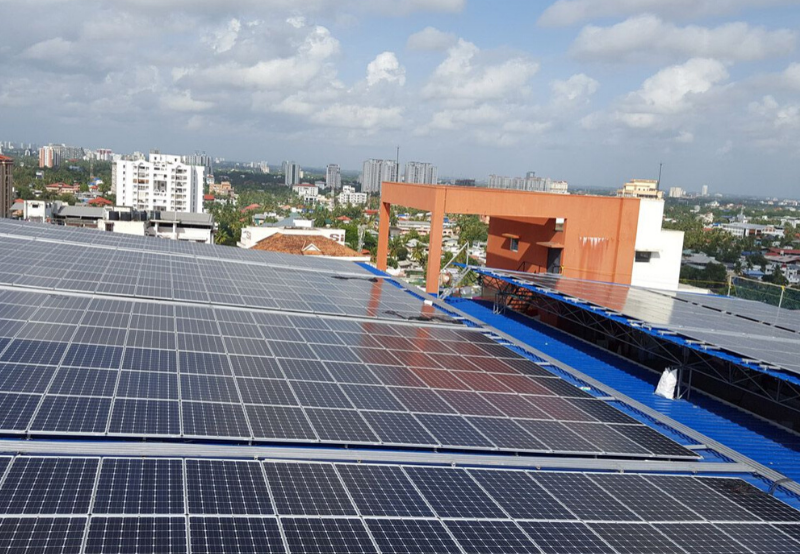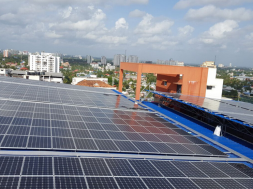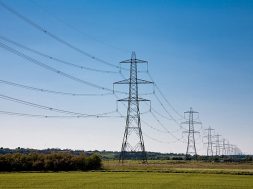
Rs 10,000 crore allocated for rooftop solar scheme for 10 million houses – EQ
In Short : The government has allocated Rs 10,000 crore for a rooftop solar scheme aimed at benefiting 10 million houses. This significant financial commitment underscores the importance of promoting solar energy adoption at the household level, contributing to sustainability, and achieving renewable energy targets in India.
In Detail : The average household would be able to manage the savings up to Rs 15,000-18,000 per annum.
Finance Minister Nirmala Sitharaman has announced to save Rs 10,000 crore in Budget allocation for the 10 million houses to provide 300 units of free electricity and rooftop solar installation.
The project will be furnished under Pradhan Mantri Suryodaya Yojana which will enable one crore families to get up to 300 units of free electricity monthly and would help them to save up to Rs 18,000 annually. The initiation would be implemented through free solar rooftop installation which would be enabled to obtain up to 300 units of free electricity each month. The average household would be able to manage the savings up to Rs 15,000-18,000 per annum.
Earlier in January, the scheme Pradhan Mantri Suryodaya Yojana scheme was introduced to launch free solar rooftops in one crore households. The scheme would assist in charging electric vehicles and increasing entrepreneurship opportunities for the large number of youths and employment facilities for younger generations in both skilled and non-skilled terms.
In addition to this, for achieving net zero carbon emission by 2070 VGF [Viability Gap Funding] has been announced for harnessing offshore wind energy with a capacity of 1GW. As per official data, the country has a solar-energy installed generation capacity of over 73GW.
The respective funding announcement has been aligned with the nation’s ambition to achieve 500 GW of installed capacity from non-fossil fuel sources by 2030.
The initiative would provide a positive track towards renewable sources and would address the chronic issue of poor financial viability and subsidy dependence of DISCOMs while marking a sustainable approach towards economic efficiency.












